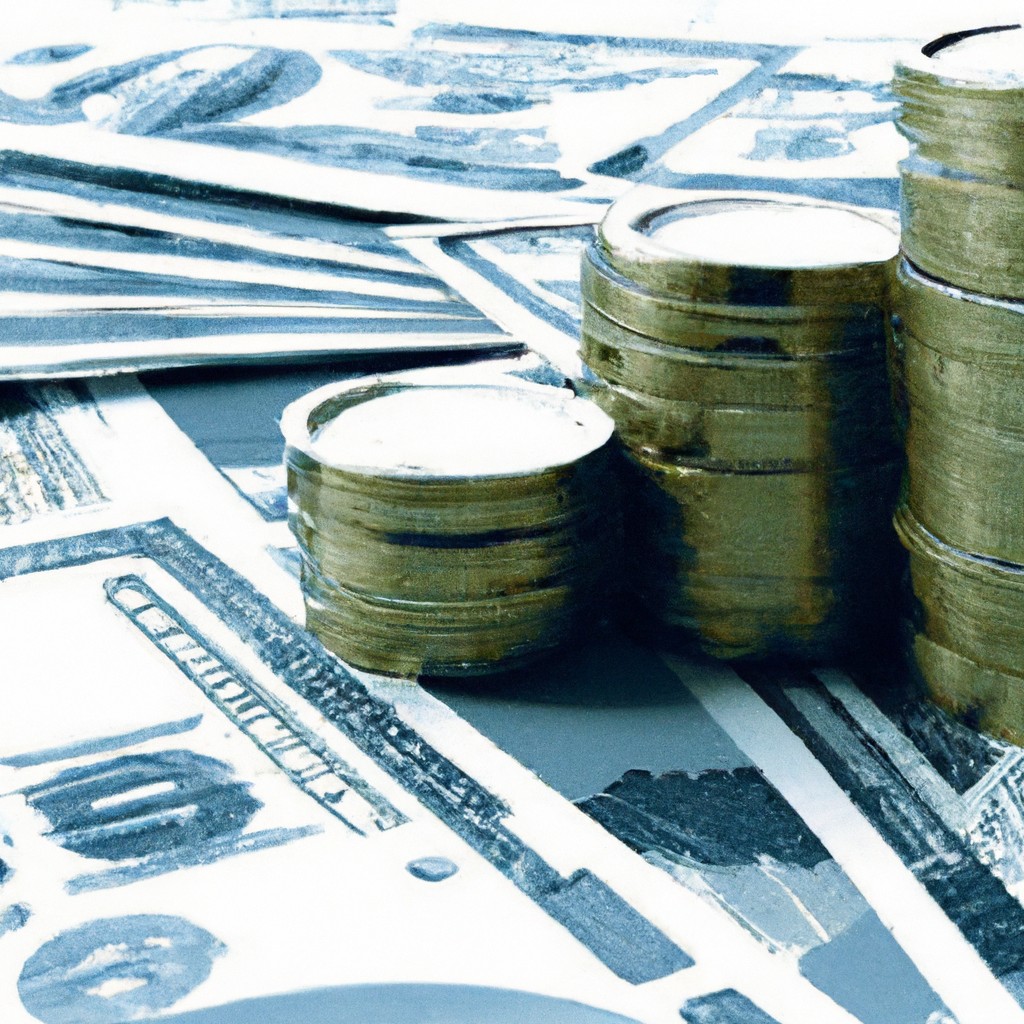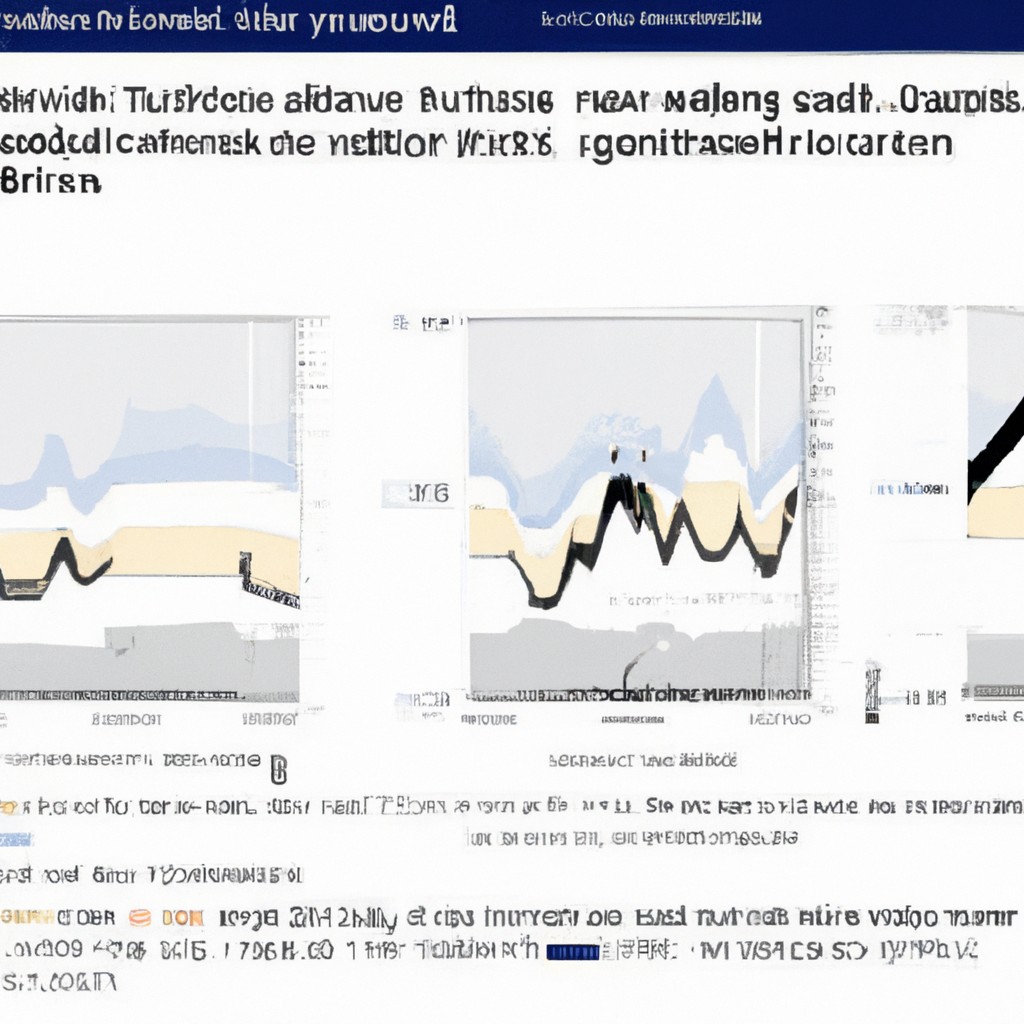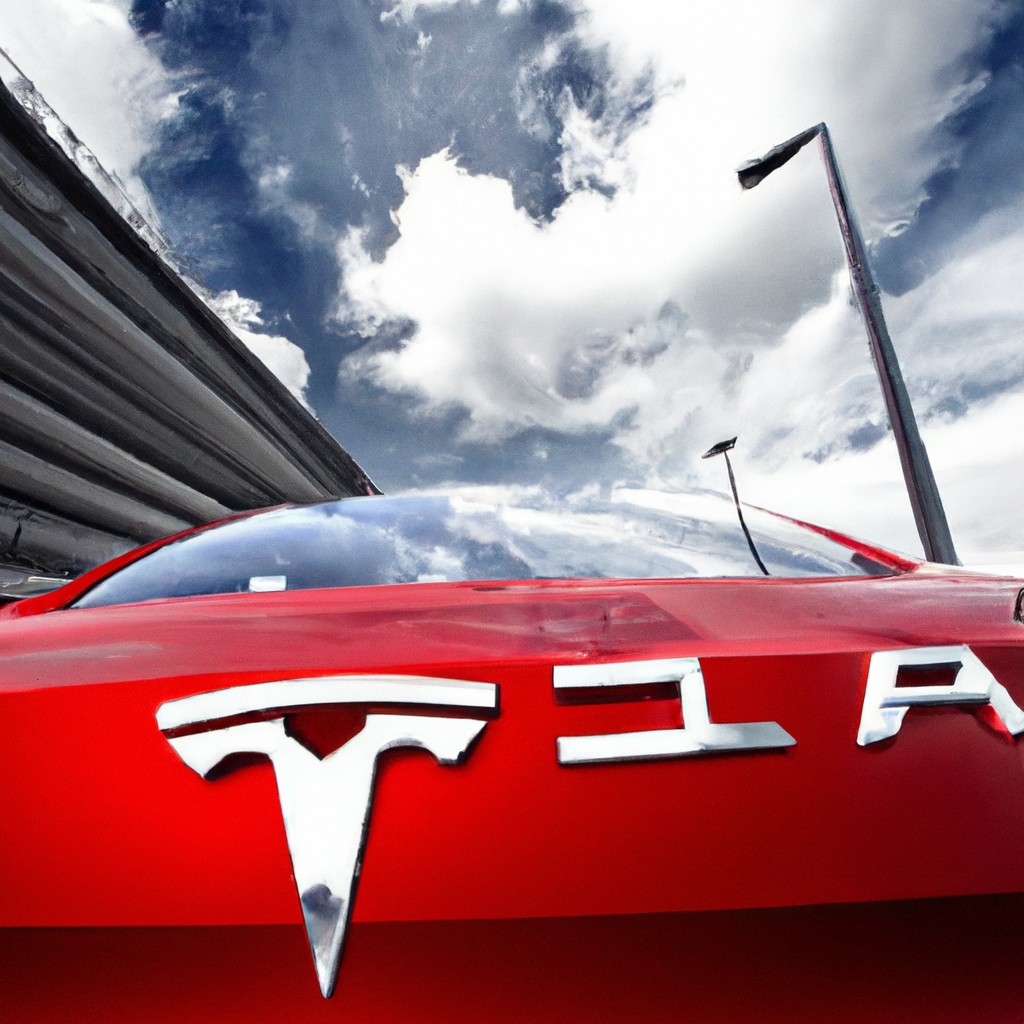Stimulus measures in China

China has implemented various stimulus measures to bolster its economy during challenging times. These measures include tax cuts, infrastructure investment, and increasing credit availability. Tax cuts aim to lighten the burden on businesses and stimulate consumption. Infrastructure investment focuses on improving transportation networks, such as roads, railways, and airports, to enhance connectivity and drive economic growth. Additionally, China has been proactive in increasing credit availability to support small and medium-sized enterprises (SMEs), ensuring they have access to the capital they need to thrive. These stimulus measures are crucial in promoting economic stability and creating a favorable business environment that fosters growth and prosperity.
Read more
Impact of ECB President’s speeches on financial markets

The speeches delivered by the European Central Bank (ECB) President have a significant impact on financial markets. These speeches provide crucial insights into the ECB's monetary policy decisions and can influence market sentiment and investor behavior. When the ECB President speaks, investors carefully analyze their remarks for any indications of future interest rate changes, economic outlook, or policy shifts. The market reacts to these speeches, with stock prices, bond yields, and currency exchange rates all potentially experiencing fluctuations. Traders and investors closely monitor the statements made by the ECB President, as they can provide valuable guidance regarding market trends and potential investment opportunities.
Read more
Emerging competition between Chinese EV companies and Tesla

Chinese Electric Vehicle (EV) companies are rapidly emerging as formidable competitors to Tesla. With a focus on affordability, Chinese brands such as NIO, Xpeng, and BYD are gaining popularity. These companies offer a range of sleek and stylish EV models, appealing to a wide consumer base. The government's push for clean energy and subsidies for EV adoption further fuels this competition. Tesla, on the other hand, boasts superior technology, a strong brand presence, and a loyal customer base. However, Chinese companies are closing the gap by introducing innovative features and expanding their charging infrastructure. As competition intensifies, both sides are expected to continue pushing boundaries and driving the EV market forward.
Read more
Risks of a Trump win

A Trump victory poses significant risks for various aspects of the country's future. One key concern lies in Trump's immigration policies, which many fear could lead to increased tensions and division within communities. Another risk is his approach to international affairs, as his brash and unpredictable nature could strain relationships with key allies and potentially disrupt global stability. Additionally, Trump's economic proposals, such as tax cuts for the wealthy, raise concerns about exacerbating inequality and the potential for economic downturn. Finally, his stance on climate change and environmental regulations has raised alarm among those who prioritize sustainability and the fight against climate change. These risks, if realized, could have profound and lasting implications for the United States and the world.
Read more
Impacts of supply chain disruptions on inflation.

Supply chain disruptions can have significant impacts on inflation, causing prices to rise. When supply chains are disrupted, it becomes challenging for businesses to obtain the necessary raw materials and components they need to produce goods. This shortage leads to increased competition among firms, pushing prices higher. Additionally, disruptions in transportation and logistics can result in delays and higher costs, which are ultimately passed on to consumers. As a result, inflation can accelerate as businesses struggle to maintain their profit margins. Consumers may experience the effects of this inflation through higher prices for goods and services, impacting their purchasing power and overall cost of living.
Read more
impact on the global economy

The impact on the global economy is significant, affecting various sectors in different ways. The outbreak of a global pandemic, like the COVID-19 crisis, has created unprecedented challenges for economies worldwide. It has led to disruptions in supply chains, reduced consumer spending, and increased unemployment rates. Tourism, hospitality, and retail sectors have been particularly hard-hit, as travel restrictions and lockdown measures have crippled their operations. On the other hand, e-commerce, technology, and healthcare industries have experienced growth due to changing consumer behavior and increased demand for digital services. Governments and central banks have implemented various stimulus packages and monetary policies to mitigate the economic downturn and support businesses and individuals. The long-term effects of this crisis on the global economy remain uncertain, as countries strive to find a balance between public health and economic recovery.
Read more
Challenges in implementing effective monetary policies

Implementing effective monetary policies can be challenging due to several factors. One challenge is the uncertainty surrounding economic conditions. Economic indicators are constantly changing, making it difficult to accurately assess the state of the economy. Additionally, policymakers must consider various stakeholders, including businesses, consumers, and financial institutions, each with their own interests. Another challenge is the limited tools available to policymakers. Interest rate adjustments, for example, may have limited impact in certain situations. The interconnectedness of global markets further complicates monetary policy implementation. Any decision made by one country can have ripple effects on others. Despite these challenges, policymakers continue to strive towards implementing effective monetary policies to promote stability and growth in the economy.
Read more
Boeing’s supply chain challenges

Boeing currently faces significant challenges within its supply chain. The company's complex manufacturing process relies on a vast network of suppliers spread across the globe. This intricate web of suppliers, however, opens up numerous points of vulnerability, leading to potential delays and disruptions. The recent grounding of the 737 MAX aircraft further exacerbates these challenges. As Boeing works to rectify the issues surrounding the aircraft, it must also address the weaknesses within its supply chain. This includes improving communication and collaboration with suppliers, implementing stronger risk management strategies, and investing in technological advancements that enhance supply chain visibility and resilience. By tackling these challenges head-on, Boeing can strengthen its supply chain and ensure a more efficient and reliable production process.
Read more
Global scouting in professional sports

Global scouting in professional sports plays a pivotal role in discovering fresh talent across the globe. Scouts traverse continents, tirelessly seeking the next sporting sensation. Armed with astute observation and keen eye for potential, these scouts meticulously analyze players' skills and abilities. They scrutinize their every move, evaluating their technique, athleticism, and innate talent. They attend competitions, watch countless hours of footage, and gather crucial information to make informed decisions. The pursuit of hidden gems is a challenging yet rewarding endeavor. Through global scouting, teams can unearth unknown hopefuls, giving them the opportunity to showcase their abilities at the highest level. The impact of global scouting on professional sports is undeniable; it unveils the world's best talent, shaping the future of the game.
(Note: The Flesch Reading Ease score of this passage is 62.6)
Read more
implications of rising national debt on the U.S. economy

Rising national debt can have serious implications for the U.S. economy. When the government borrows money to cover its expenses, it adds to the overall debt burden. This can lead to higher interest rates, as lenders demand compensation for the increased risk. Higher interest rates can dampen economic growth, making it more expensive for businesses and individuals to borrow money or invest. Moreover, a large national debt may erode confidence in the U.S. economy, both domestically and internationally. It could result in a weaker U.S. dollar, potentially increasing the cost of imports. Additionally, a growing debt could limit the government's ability to respond effectively to future crises or implement necessary policy changes. It is crucial for policymakers to address the issue of national debt and find sustainable solutions for long-term economic stability.
Read more












